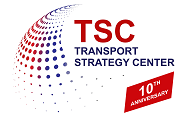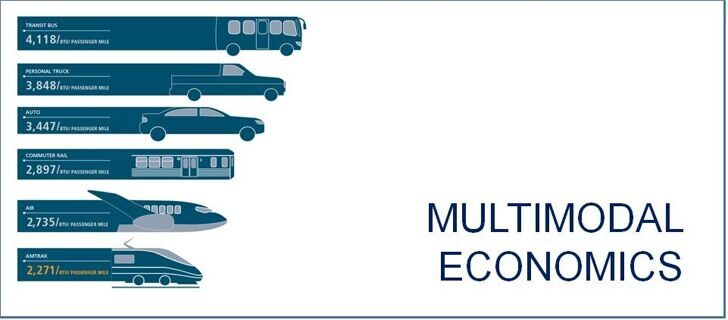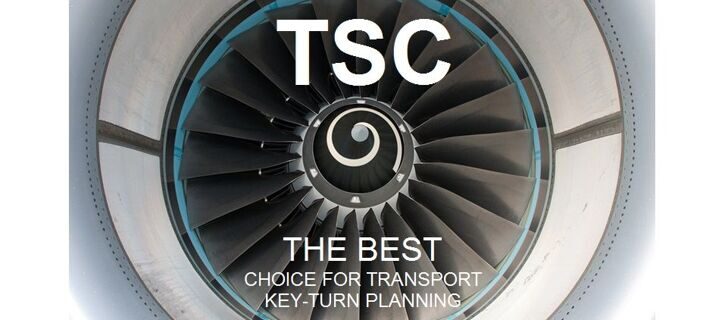BAIKAL IN THE FUTURE VS. 2 REMOTORIZED TYPES BUT FROM 2025 IN THE MATERIAL OF ITAR-TASS
« BackStrategic analysis of 3 options for the supply of military equipment with comments from the TSC.
Until the Baikal aircraft passes testing, Russia has 2 options for ensuring the country's transport connectivity, the operation and development of a network of regional and local air transportation on aircraft of this size:
Option 1. An investment project with restoration with confirmed easy-to-start capacities of 100 An-2 in 2 years only at the Motor JSC plant using the already tested ASH-62IR engine to maintain the airworthiness of the fleet and several hundred more at 3 other plants if they are modernized and the corresponding investment projects are implemented.
Option 2. Testing, certification, restoration and production of 100 An-2 or more per year with a TVD-10B engine, such an aircraft must first pass testing in order to draw conclusions.
Option 3. Wait for Baikal, but testing is also necessary and see below what else needs to be taken into account.
What are the prospects?
Option 1. It is possible to implement it as early as 2025.
Option 2. We are waiting for preliminary tests in 2025.
Option 3. We are waiting for certification tests and first deliveries possibly from 2026.
All 3 options are feasible, but:
Baikal will occupy a niche in other mild climate conditions in the future, it is not a replacement for the An-2 in all segments.
While Baikal is undergoing tests, it is advisable to implement both first options 1 and 2 to ensure the country's connectivity.
Only option 1 currently has a passenger version, does not require testing, and only option 1 has been tested for the Arctic, Siberia and the Far East.
More details in the ITAR-TASS article with an explanation from the head of the TSC Anton Koren and other experts.
https://tass.ru/ekonomika/23244961/amp
SUBSCRIBE TO THE NEWS OF THE TSC CONSORTIUM, CURRENT STRATEGIC TOPICS OF THE INDUSTRY IN THE NEW TELEGRAM CHANNEL:
Follow the link:
Or by QR code:











